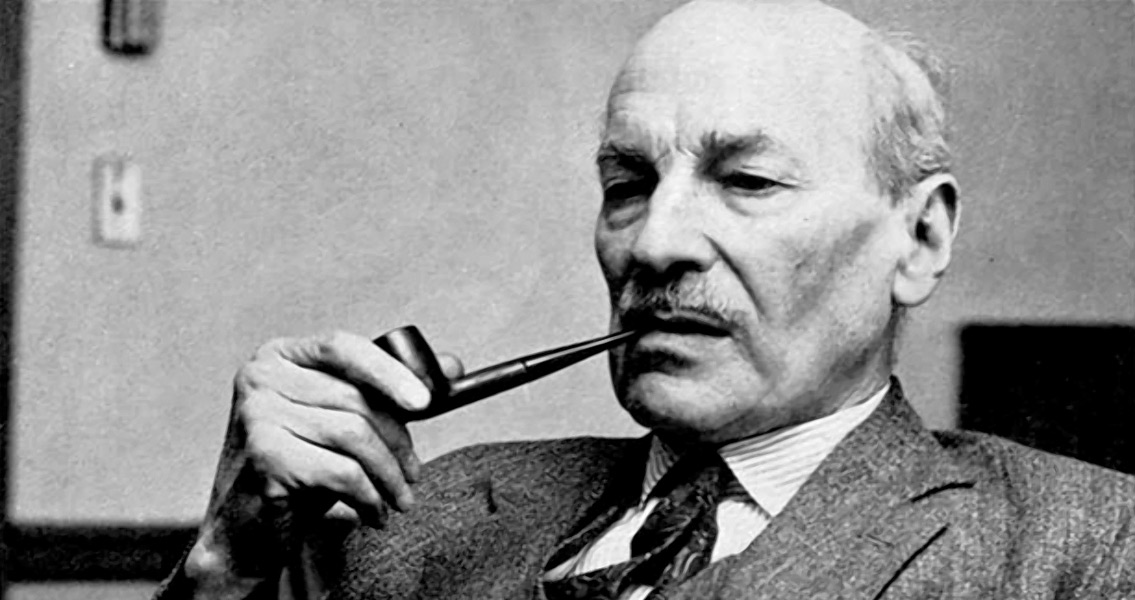<![CDATA[One of the most poignant changes of Prime Minister in British history took place on 26th July, 1945. Winston Churchill, from the Conservative party, resigned and his successor, Clement Attlee, was sworn in. The Second World War was all but at an end, victory in Europe secured two months earlier. The transition of Prime Minister seemed deeply symbolic; Churchill, the leader associated so closely with the British war effort, making way for Attlee, a leader elected on a manifesto of drastic social reform. Britain was now looking towards the post-War world. By summer 1945 there hadn't been a general election in Britain for over a decade, postponed in the crisis of the Second World War. In 1939, Churchill, a long term critic of Nazi and Japanese aggression, had taken over the post of Prime Minister from Neville Chamberlain. He stood at the head of a coalition government, one which by 1942 had Attlee as his official deputy. Throughout the war Churchill served as the embodiment of British defiance against the Axis powers. He rallied the country through the prolonged onslaught of the Blitz, and then played a key role in forming the alliance that brought President Roosevelt and Stalin into the fight against the Axis. By July 1945 however, as a peace time mentality tentatively creeped into Britain, Churchill's leadership no longer seemed appropriate, leading to a defeat in that month's general election. The election had been a hard fought one, exposing the stark ideological differences that existed as the world entered the unknown of the mid-twentieth century. During his campaign, Churchill had made an aggressive attack on Attlee, explicitly linking his brand of socialism with totalitarianism. In a June radio broadcast Churchill declared. "I must tell you that a socialist policy is abhorrent to British ideas on freedom. There is to be one State, to which all are to be obedient in every act of their lives. This State, once in power, will prescribe for everyone: where they are to work, what they are to work at, where they may go and what they may say, what views they are to hold, where their wives are to queue up for the State ration, and what education their children are to receive." Attlee responded with equal aggression the following day, confirming the war time coalition was well and truly at an end. "The Prime Minister made much play last night with the rights of the individual and the dangers of people being ordered about by officials. I entirely agree that people should have the greatest freedom compatible with the freedom of others. There was a time when employers were free to work little children for sixteen hours a day. I remember when employers were free to employ sweated women workers on finishing trousers at a penny halfpenny a pair." The Labour leader argued. "It was in fact freedom for the rich and slavery for the poor. Make no mistake, it has only been through the power of the State, given to it by Parliament, that the general public has been protected against the greed of ruthless profit-makers and property owners. The Conservative Party remains as always a class Party." The general election results show how gravely Churchill had underestimated the popular will for real political and social change in the aftermath of the horrors of war. What followed was a period of drastic change in Britain. As Prime Minister, Attlee oversaw the expansion of the public sector and major improvement in social services. Major industries and public utilities, such as railways, the coal industry and the country's electricity supply, were nationalised by the government. Internationally, India, Pakistan, Burma, Ceylon and Jordan were all decolonised. Most importantly, the National Health Service Act of 1946 made healthcare free to all citizens, while the National Insurance Act, in exchange for weekly contributions from all who were employed, provided a host of state benefits for all who were out of work. In the 1951 General Election Attlee's Labour party was narrowly defeated, and Churchill once again became Prime Minister. Nevertheless, in five years of Labour government drastic changes had taken place in the United Kingdom, sending a powerful message of the importance of acknowledging the needs of all levels of society.]]>
Winston Churchill Steps Down, Clement Attlee Steps Up
